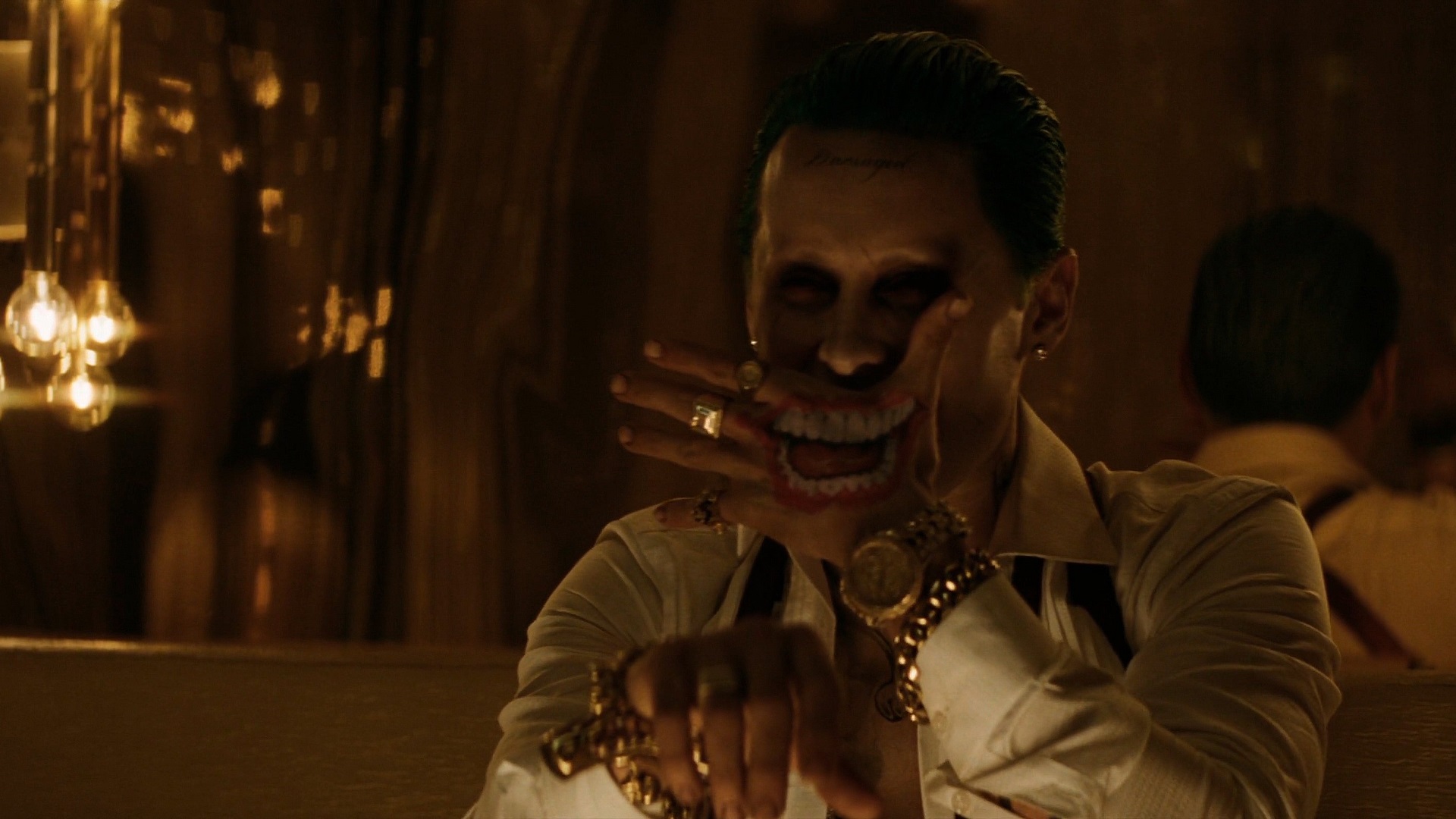The mysterious realm of cinematic universes, teeming with caped crusaders and malevolent foes, often has its treasure troves of secrets. One such secret, vehemently discussed in hushed whispers amongst the die-hard DC fans, is the fabled Ayer Cut of Suicide Squad.
Helmed by David Ayer, 2016's Suicide Squad was a glimmering potpourri of exquisite characters, from Margot Robbie's Harley Quinn to Deadshot, as portrayed by Will Smith. Yet, its most enigmatic figure was Jared Leto's Joker, draped in controversy even before its inception.
Ayer's consistent affirmations that the theatrical Suicide Squad was "ripped to pieces" and the studio version butchered the initial vision sets a dark, melancholic backdrop to the film's history. He often ruminates on Twitter about hardships faced during the making of the movie. One memorable instance being when he stated, "Life is a very strange journey," hinting at the tumultuous journey of creating a piece of art and seeing it altered beyond recognition. Ayer laments the version of the film where Leto's Joker played a more "terrifying" role, suggesting that the on-screen portrayal was but a ghost of his original conception.
As waves of fresh photographs, including a new haunting image of Leto's Joker, treat fans to glimpses of what could've been. Be it the test sculpture for Deadshot, the underwater Batman mask, or Leto's Joker, each revelation deepens the enigma of Ayer's Suicide Squad. A string of hashtags, most notably #releasetheayercut, fuels this fervor, echoing the sentiments that swayed the winds in favor of the Snyder Cut of Justice League.

